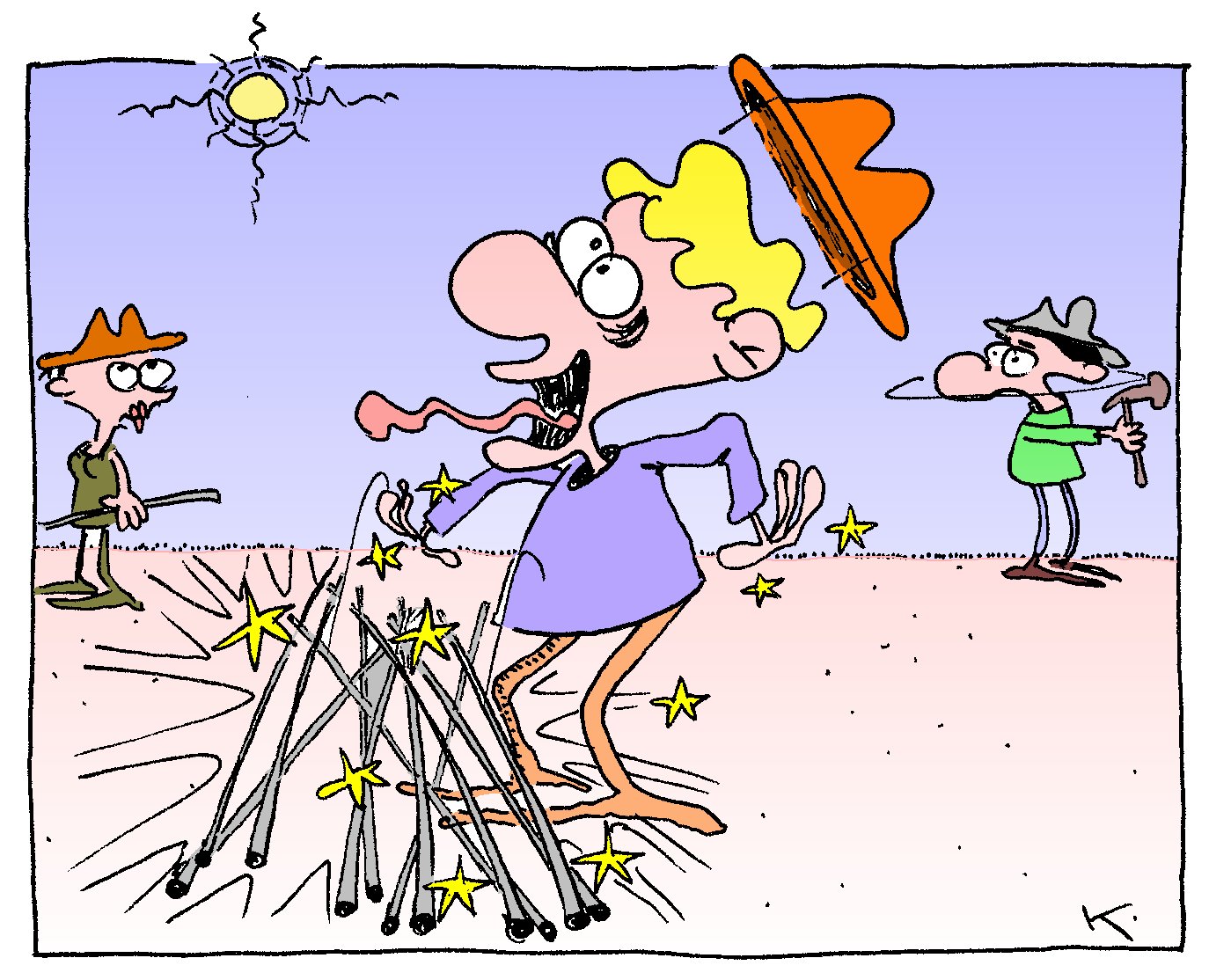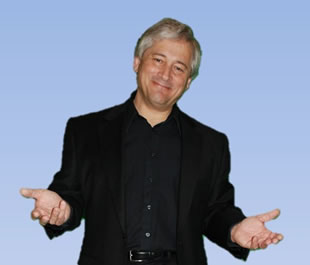
Nerdism
“A human being should be able to change a diaper, plan an invasion, butcher a hog, conn a ship, design a building, write a sonnet, balance accounts, build a wall, set a bone, comfort the dying, take orders, give orders, cooperate, act alone, solve equations, analyze a new problem, pitch manure, program a computer, cook a tasty meal, fight efficiently, die gallantly. Specialization is for insects.”
– Robert A. Heinlein
Not a lot of things bother me, but prejudice is one of them. And prejudice is the subject today.
Ask yourself how often you’ve heard a line like “Sally’s an engineer, you know, polyester pants and talks to her shoes, heh heh, great engineer don’t get me wrong, great engineer, but you know, these people, communication skills, heh heh, well it’s not really their big strength is it? Heh heh.”
As a man who’s married to a beautiful PhD mathematician and engineer who’s also one of the most socially poised and interpersonally skilled people he’s ever met, it doesn’t do to get over-reactive. There are too many over-reactive people in this world, and we could all chill a little. But you should also understand that the old joke about technical people being nerds is sheer prejudice, based on pure fantasy and contrary to all known facts, and is simply a milder form of the same prejudices that categorize and dismiss people on the basis of gender, culture and race.
What the facts say, and what psychological research tells us, is unfortunately that nature is very unfair. People with high IQs are likely to be good at everything. It’s a wide spectrum of course, but on average, someone with a high IQ who’s a good engineer is also statistically more likely to be a good leader, a good people person and a good salesman. Oh, and they’re also statistically slightly taller, weigh slightly more, live longer and are more sexually active. And as I’m typing these words I’m feeling more and more threatened – perhaps I should go find an engineer to bully. Of course, statistically, they might be bigger and stronger than me. Also, smarter and faster. And, they’re getting more sex. Dang.
So why do we have that prejudice about technical people? Well, you don’t need a superior IQ to figure it out. People who are good at things are threatening, and the more things they’re good at, the more threatening they are. The reason we sometimes don’t like to promote folks with excellent technical skills into leadership and management jobs is not that we fear they might be bad at it, though that’s the reason we give. That’s easily fixed. No, what we really fear is that they might be very good at it.
And what then? Where does that leave the rest of us, who don’t have high technical qualifications but who have always consoled ourselves that at least we were born to be members of the ruling class? A biomedical engineer can usually learn to be a good leader, but a good leader can’t generally go back to school mid-career and become a biomedical engineer. So, we feel threatened. And threatened people bully and invent prejudices in order to protect themselves and to take other peoples’ power away.
But not so fast. Right now I bet you’re thinking of exceptions. What about that nerdy, monosyllabic engineer you know? Well, sure. And what about the few really dumb managers I’ve seen who make Bill Lumbergh in Office Space look like a genius? There are stereotypes on both sides. When we revert to stereotypes, it usually means we’ve run out of ideas. And since attitudes based on prejudice are based on nothingness to begin with, we tend to run out of ideas pretty fast.
So when you next hear someone make a disparaging remark about people with technical chops who “of course, don’t have the people skills, you know”, feel free to put them in the same box you reserve for folks who see the world through the lens of other prejudices like gender and race. People who don’t think much for themselves find prejudices very attractive, and it’s also a fantastic way to explain lack of personal energy and drive and lack of personal success. These are people you may want to avoid, because they contribute very little, and in the process will drain your own battery flat.
And of course you have an additional option. Next time you hear anyone make a thoughtless remark intended to disempower a whole class of people, in a quiet and nice way, take them up on it. Ask them to demonstrate their thinking. Ask them to explain.
And then, very politely, watch them slowly twist in the wind.
Author John Kolm has degrees in pure math and psychology and has worked as a mathematician, a farmhand, a newspaper cartoonist, a laborer, an author, a special effects designer, a radio and TV performer, and a trainer of leaders. He has no idea if he’s “technical” or “artsy” and finds the distinction boring, though not nearly as boring as the people who make it.



Engage us on Facebook
Follow us on Twitter
Tweets by @mymcmedia